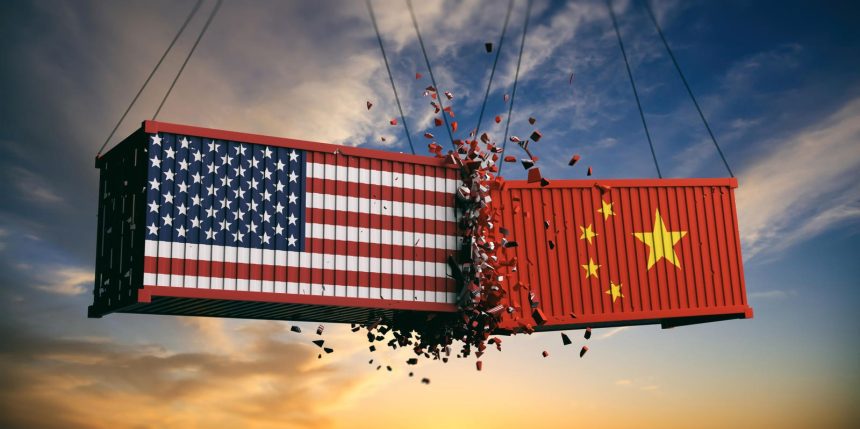The impending threat of tariffs proposed by President-elect Donald Trump on imports from Canada, China, and Mexico poses significant risks to the already delicate supply chains that many businesses depend on. Experts assert that these tariffs will lead to increased operational costs, serving as a de facto tax on imported goods. Amanda Russo, founder of Cornerstone Paradigm Consulting, warns of potential disruptions in trade flow, highlighting the added complexities in customs processes and extended lead times. Businesses, aware of these looming challenges, face an urgent need to prepare for potential supply chain crises, as research from McKinsey & Company indicates that companies typically take an average of two weeks to respond effectively after experiencing disruptions.
In light of the anticipated tariff-induced disruptions, proactive measures are critical for business leaders aiming to mitigate impact and safeguard operations. One viable strategy is to seek out alternative supply chain sources. Tanya Wade, a senior manager at KPMG, notes that rising costs and inaccessibility due to tariffs could necessitate a shift to different suppliers, a process that may be both time-consuming and financially draining. Additionally, potential retaliatory tariffs from affected countries could escalate into broader trade conflicts, further complicating the landscape for American businesses reliant on international markets.
Stockpiling inventory emerges as another tactical response for companies as the tariffs loom. Paul F. Magel, president of the application solutions division of Computer Generated Solutions, emphasizes the advantage of acquiring inventory ahead of the implementation of new tariffs. This approach, however, requires careful consideration regarding the risks associated with holding onto inventory that may age in stock. Furthermore, companies should aim for diversification in their supply chains, exploring new partnerships and production locations less subject to tariffs as a means of remaining competitive in an increasingly challenging trade environment.
As much as tariffs can represent a challenge, businesses can also find new opportunities for operational efficiencies. Ryan Jacobs of Jacobs Investment Management notes the importance of managing the financial ramifications of tariffs by leveraging technology to streamline supply chain management. Companies must engage in proactive strategic planning by modeling different tariff scenarios to assess potential impacts on pricing, demand, and operations. By working closely with policymakers and industry bodies, businesses can also advocate for exemptions that lessen the burden of increased tariffs on their respective sectors.
Despite the proactive measures that organizations can adopt, recent surveys reveal significant challenges that hinder effective supply chain transformation. McKinsey’s October report shines a light on talent shortages—particularly in the realm of digital expertise—which restrict companies’ abilities to implement necessary changes. Furthermore, a notable disparity exists between supply chain executives and their boards regarding the understanding of supply chain risks, with many executives lacking formal processes for discussing these critical issues at the highest levels of management. Alarmingly, the frequency of discussions on supply chain risks at senior-management levels has declined sharply, indicating a worrying trend of reactivity rather than proactivity.
Moving forward, expert insights suggest that companies must avoid “flying blind” by mapping their supply chains comprehensively, even down to the tertiary and quaternary levels. Brandon Daniels, CEO of Exiger, emphasizes that understanding suppliers’ vulnerabilities to tariffs is crucial for navigating future disruptions. This moment prompts companies to rethink their entire supply chain approach—not only in relation to tariffs but toward building resilience and adaptability for the future. Organizations willing to invest in technology and strategic partnerships are more likely to emerge stronger amid disruptions, recognizing that every challenge also paves the way for potential opportunities. The evolving landscape underscores an urgent call for companies to evolve their supply chains, lest they risk severe disruptions that threaten to impede growth and competitiveness in an unpredictable global trade environment.



